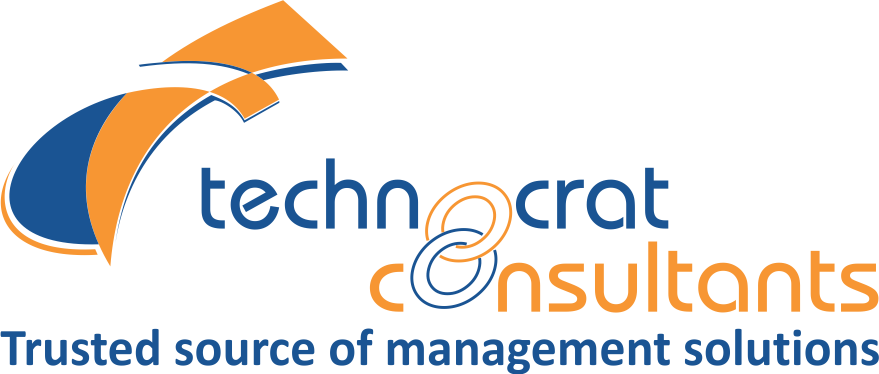 Given the dynamic environment in which we operate, the need for guidance on how organizations should manage and process data to reduce the risk to personal information is getting more important.
Given the dynamic environment in which we operate, the need for guidance on how organizations should manage and process data to reduce the risk to personal information is getting more important.
Guidance, in the form of a new international standard, for how organizations should manage personal information and assist in demonstrating compliance with updated privacy regulations around the world is therefore very powerful. That’s why ISO/IEC 27701 for privacy information management has been developed.
ISO 27701:2019 is essentially an extension of ISO 27001 that deals with data privacy. This international standard for privacy management, also known as PIMS or Privacy Information Management Systems helps a company put in place systems to ensure complete privacy of all data a business has.
This standard essentially deals with how businesses and organizations should be managing their data and personal information in keeping with the updated norms for data protection around the world. ISO 27701:2019 is all about a brand, or organization keeping up to date with the Global Data Protection Regulations around the world.
This in itself is a good enough reason for any brand to take up this particular certification isn’t it.
This is a process that is based on consensus and was created with the inputs of industry leaders across the board. This includes the European Data Protection Board and Data Protection Authorities from every EU country.
An organization complying with the requirements in ISO/IEC 27701 will generate documented evidence of how it handles the processing of personal information. This evidence may be used to facilitate agreements with business partners where the processing of personal information is mutually relevant.
This might also assist in relationships with other stakeholders. The use of ISO/IEC 27701 in conjunction with ISO/IEC 27001 can, if desired, provide independent verification of this evidence, although compliance with these documents cannot be taken as compliance with laws and regulations.
- To validate that the adequate operational controls from the standard are implemented consistently, to carry out the compliance requirements of relevant privacy regulations, measures must be taken to map the relevant regulatory requirements against the standards controls
- Enumerate specific regulatory requirements that are not already fully captured by the standard controls and the conditions to which the requirements become applicable
- Incorporate the above into the risk assessment process in the audit cycle
- Features and Benefits
- Applicability
- Consulting Methodology
This particular standard adds a lot of value to ISO 27001 and enhances the overall data and privacy security of the company. There are several features to this particular standard which include, but are not limited to, the following:
- It reduces the onus on the organization by removing the need to showcase multiple certifications
- It provides a global recognition that complies with global privacy laws engendering greater trust between a brand and its stakeholders
- It helps the data protection staff of the organization with the required evidence and data to share with the leadership to exhibit that all privacy requirements are being met
- It helps create transparency in communication enabling organizations to collaborate effectively
- This certification is integrated with ISO 27001
The benefits of ISO 27701:2019 are as under:
- It showcases the businesses focus on due diligence and demonstrates compliance with data protection laws in line with the GDPR using the existing ISMS
- It also significantly lowers the duration in which you respond to focused queries around your information management systems and saves time
- It helps the organization identify the checks and balances that are relevant to the framework of requirements and also helps generate the evidence required for compliance purposes
For companies that already have ISMS in place, this standard would be great value addition. It allows a greater degree of compliance with GDPR and makes it a shared responsibility of the legal, the IT and the security team.
This standard applies to businesses and organizations of all sizes and types. This includes public, private, and government entities as well as not for profit organizations.
